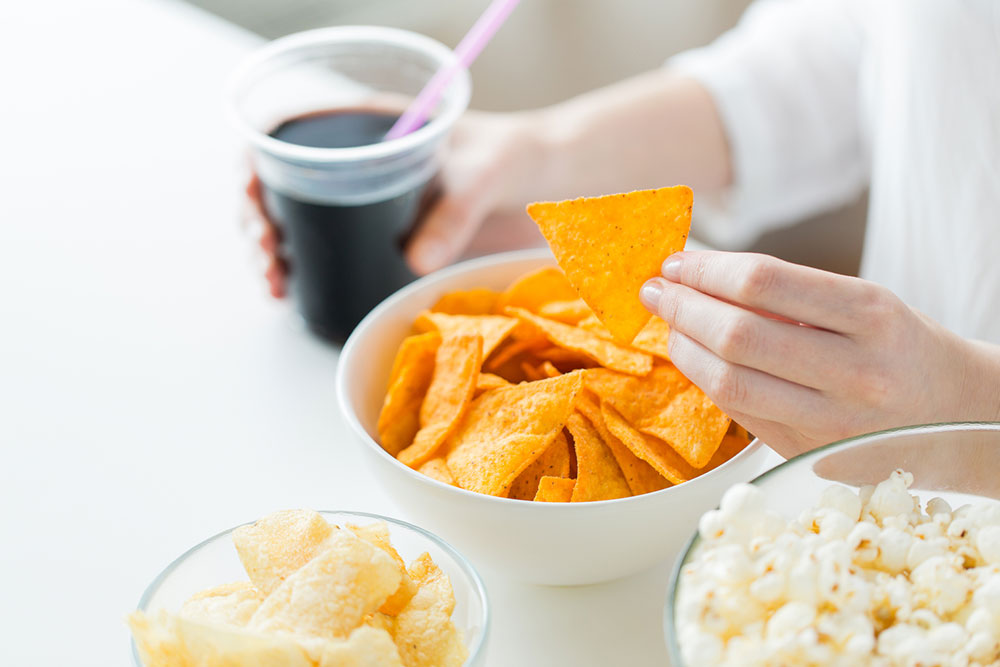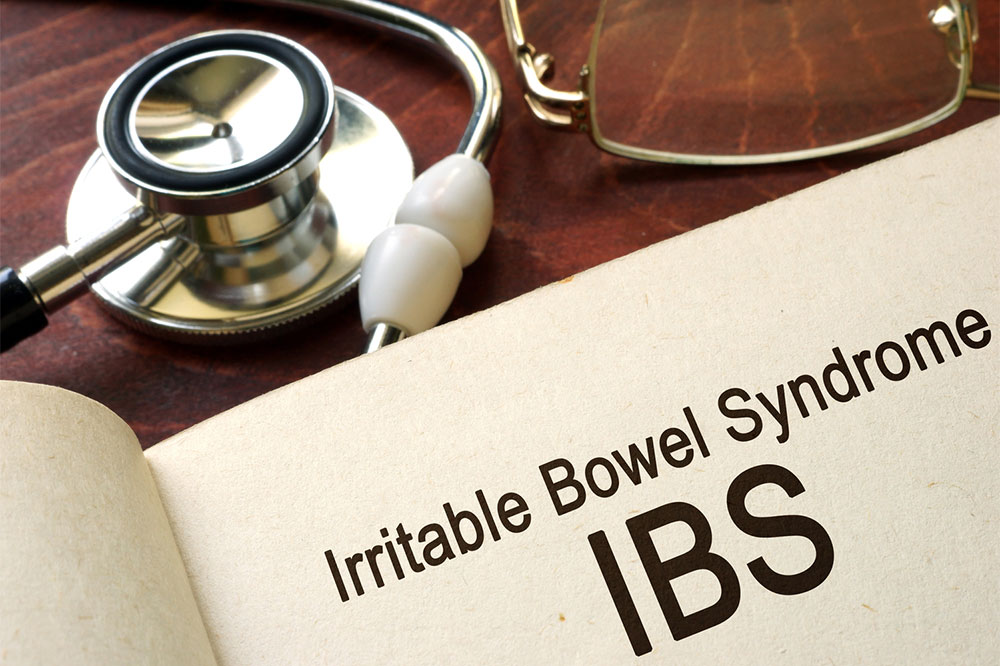Comprehensive Approaches to Manage Constipation and Irritable Bowel Syndrome (IBS) Effectively
Learn comprehensive strategies for managing constipation and IBS effectively. This guide covers dietary modifications, medical treatments, stress reduction, and yoga practices to alleviate symptoms and improve digestive health. Personalized care and professional guidance are emphasized for optimal results and improved quality of life.

Comprehensive Approaches to Manage Constipation and Irritable Bowel Syndrome (IBS) Effectively
As people age, many encounter issues with bowel movements, often linked to irritable bowel syndrome (IBS). This common gastrointestinal disorder affects millions worldwide and presents a variety of symptoms that can significantly impact daily life. Understanding the causes, symptoms, and effective management strategies is essential for improving quality of life. This detailed guide explores the intricacies of constipation and IBS, offering practical solutions such as dietary adjustments, physical activity, medication options, and stress management techniques. Our goal is to provide a thorough, evidence-based approach to help individuals alleviate discomfort and restore normal bowel function.
Addressing constipation and IBS requires a multifaceted approach that combines lifestyle modifications with medical guidance. These strategies are designed to ease bowel irregularities, reduce abdominal pain, and minimize bloating — symptoms that often interfere with daily activities and overall well-being. It’s crucial to seek professional medical advice before starting any new treatment, particularly when considering laxatives or supplements, as inappropriate use may lead to adverse effects. Developing a personalized management plan in consultation with healthcare providers can significantly enhance symptom control and improve life quality.
Key strategies for managing constipation and IBS include:
Diet Modifications: Consuming high-fiber foods such as a variety of fresh fruits, vegetables, whole grains, beans, and cereals forms the foundation of a bowel-friendly diet. If certain fibers cause discomfort, alternatives like dried prunes, flaxseeds, or increased water intake can help promote regularity. Limit or avoid substances like caffeine, alcohol, and carbonated drinks, which can irritate the digestive system. Processed foods such as white bread, cookies, and chips should be minimized, as they can slow digestion and worsen symptoms.
Fiber Supplements: When dietary intake isn’t enough, fiber supplements containing wheat bran, psyllium, or corn fiber can be beneficial. These supplements help add bulk to stool and facilitate smoother bowel movements, especially for those with persistent constipation.
Laxatives and Their Cautions: There are various over-the-counter laxatives available, but long-term or indiscriminate use can be harmful. Always consult a healthcare professional before choosing a laxative to ensure it's appropriate for your particular condition and to avoid dependency or adverse effects.
Medical Treatments: Specific medications like linaclotide and lubiprostone are prescribed for IBS-associated constipation. These medications should only be taken under medical supervision, as they may cause side effects such as nausea or diarrhea. In some cases, doctors may recommend antidepressants or antispasmodic drugs, which can help reduce pain and improve overall bowel motility. Proper medical management is essential for effective symptom control and preventing complications.
Stress Reduction Techniques: Stress dramatically influences IBS symptoms. Incorporating relaxation exercises such as meditation, yoga, and deep-breathing techniques can significantly reduce episodes. Regular physical activity, listening to calming music, or receiving massages can also contribute to mental and physical relaxation, leading to improved digestive health.
Yoga and Physical Activity: Specific yoga postures are particularly effective in easing bowel issues. Poses like the peacock pose, spinal twists, wind-relieving pose, plow pose, and butterfly pose are known to promote gut health and alleviate symptoms. These yoga exercises can be performed comfortably at home and integrated into daily routines to support digestive and overall health.
Furthermore, complementary therapies like acupuncture, herbal wisdom, and essential oil massages have shown promising results for some individuals. However, consulting healthcare professionals before embarking on such therapies ensures safe and coordinated care. Creating a tailored treatment plan, considering individual symptoms and health history, enhances the effectiveness of interventions. Patience, consistency, and adherence to recommended strategies are vital for managing IBS and constipation successfully, leading to a healthier, more comfortable life.





